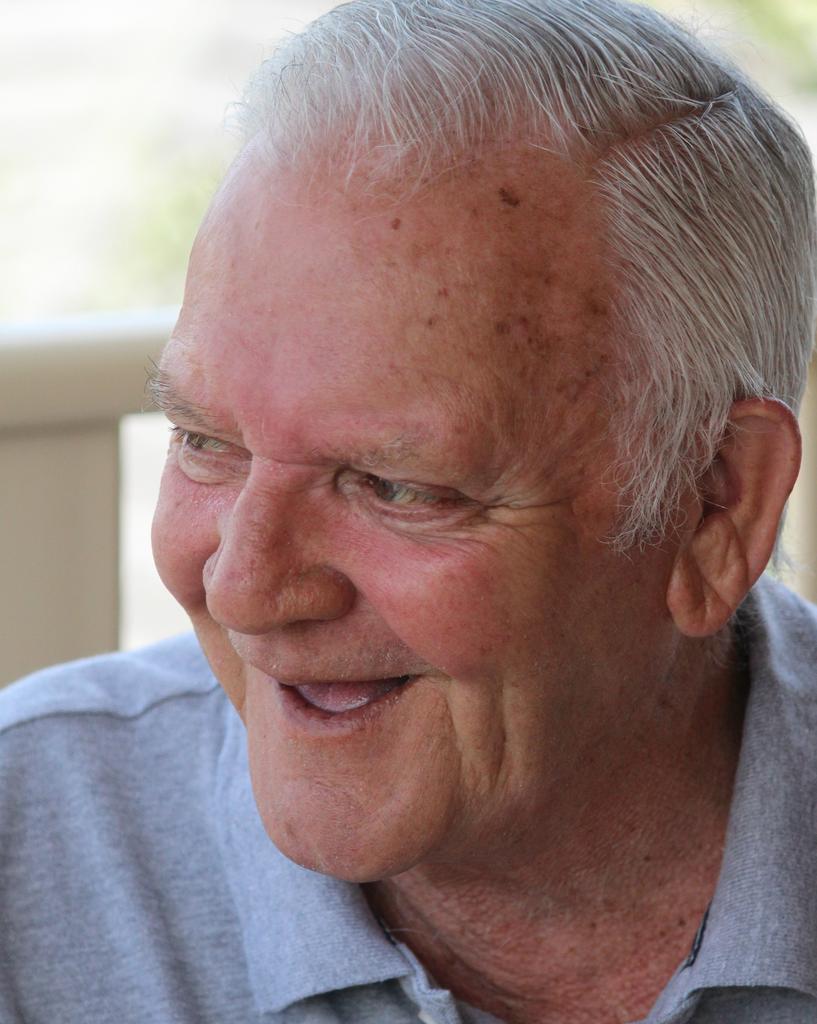Which do you believe to be more important, your personal happiness, or whether your life represents, and prioritizes, acting in a significant manner, that serves mankind, in some sort of essential, positive way? While one may believe that one's personal ability or level of being happy might be secondary, and less important, it is extremely challenging for most of us to do the best we can for others, unless it also makes us personally feel good, in some manner. You can, indeed, proceed in a productive, meaningful, effective way, by seeking to serve the common good, but doing so in a manner that also emphasizes your personal needs, and makes you feel both proud of your ideas and actions, and provides you with a level of happiness and being personal content. Unless you make yourself happy, it is nearly impossible to do anything for others, and it is even more challenging to sustain your activities and personal motivation, without providing yourself with a degree of personal satisfaction, etc. When helping other makes you happy, it will raise your MORALE, and thus drive and propel you forward, in a consistent, and persistent way.
1. Motivates you to persist and persevere: Quite often, it is one's willingness to move forward in a positive, proactive way, despite any obstacles or challenges that may block your progress! The late, Judge Jonah Goldstein, the visionary behind the amazing works of the civic and philanthropic organization, The Grand Street Boys, defined it this way, "Happiness is the one thing in life that multiplies by division. The more you give to others, the more you have for yourself."
2. Originate; optimize: Do you consider and proceed with an open mind, seeking the best, rather than the popular (or frequent) approach, or do you stick to what you perceive as the safer, don't rock the boat, approach? It is always better to be the best original you, than any sort of carbon copy of others!
3. Rational; reachable; realistic: Does your idea make sense? Can you make others feel and do better? Have you considered what others might perceive, and how to best get through to them? Only when helping others, also makes you feel satisfied/happy, will your results be optimized!
4. Attitude; approachable; garners attention: When what we do makes us happy, it enhances the degree of our personal positive attitude, makes us more willing to listen to others, and gets a higher degree of the right type of attention, that makes one's plans more possible!
5. Lets you do your best; leverages skills and abilities; enhances and potentiates learning: Pursue quality and meaningful activities, not only because it's the right thing to do, but because it makes you feel better about yourself! Each of us have some personal skills and abilities, using them productively and with impact! Never stop learning, and feel better about yourself, when you help others and the world!
6. Effective; energizing; elevates you: Each of our personal degrees of effectiveness, is enhanced when we truly believe in what we pursue! Don't proceed in a less than maximal pursuit, and be sure that you are constantly elevating yourself, as you help others!
Never underestimate the value and significance of one's personal degree of happiness! Doing so makes you stronger and more effective, because when you enhance your own MORALE, you increase your possibilities!













